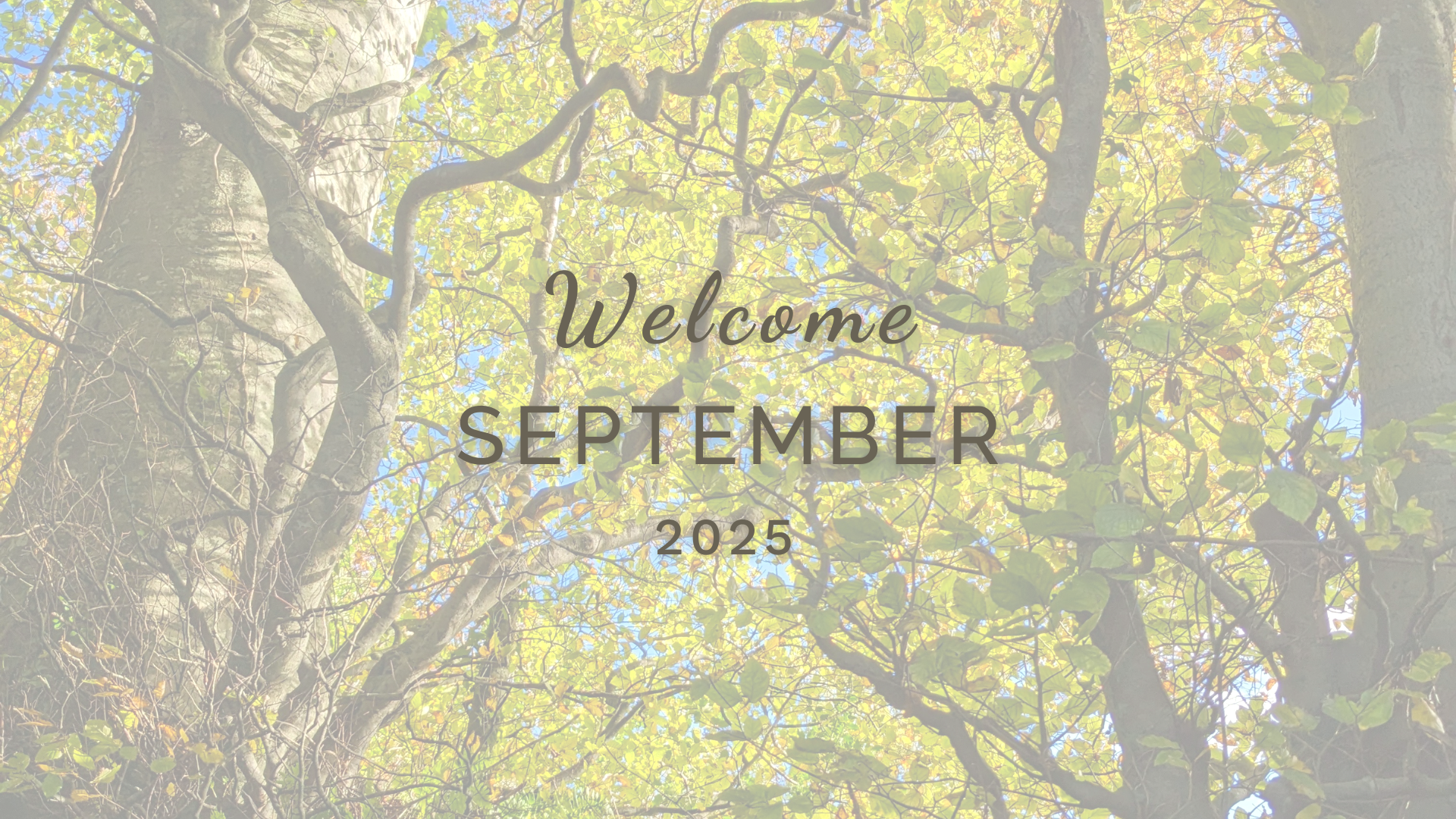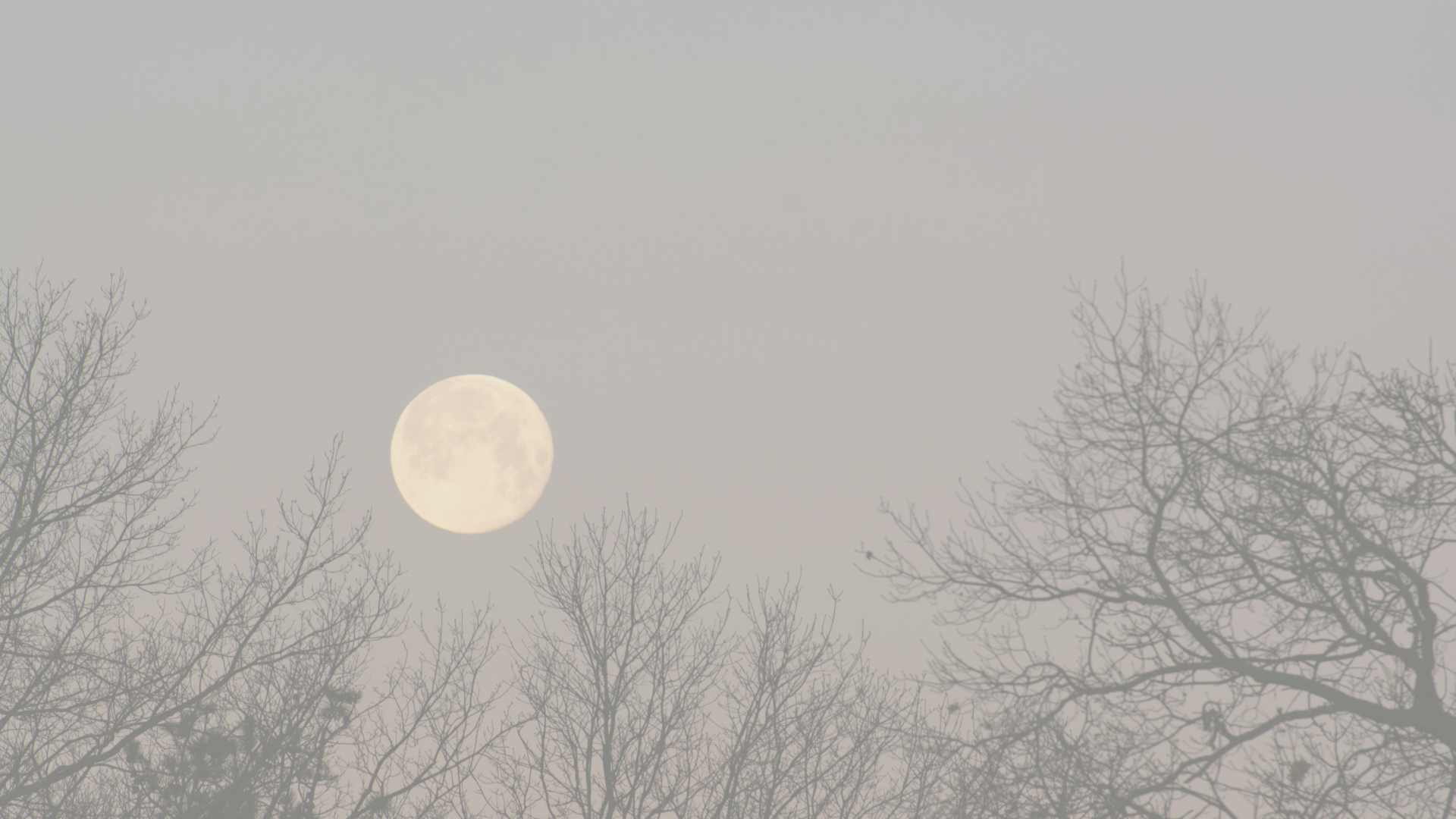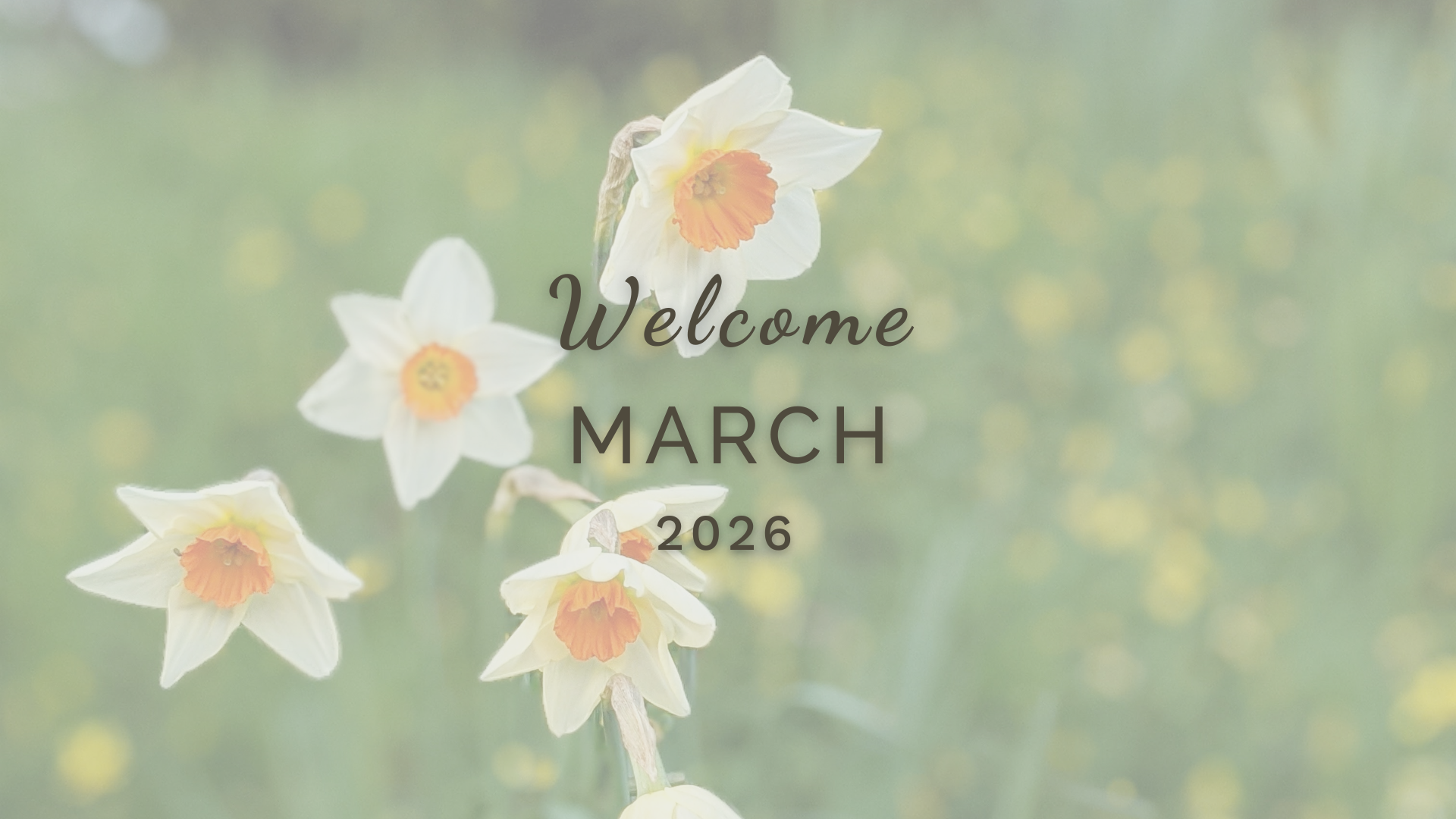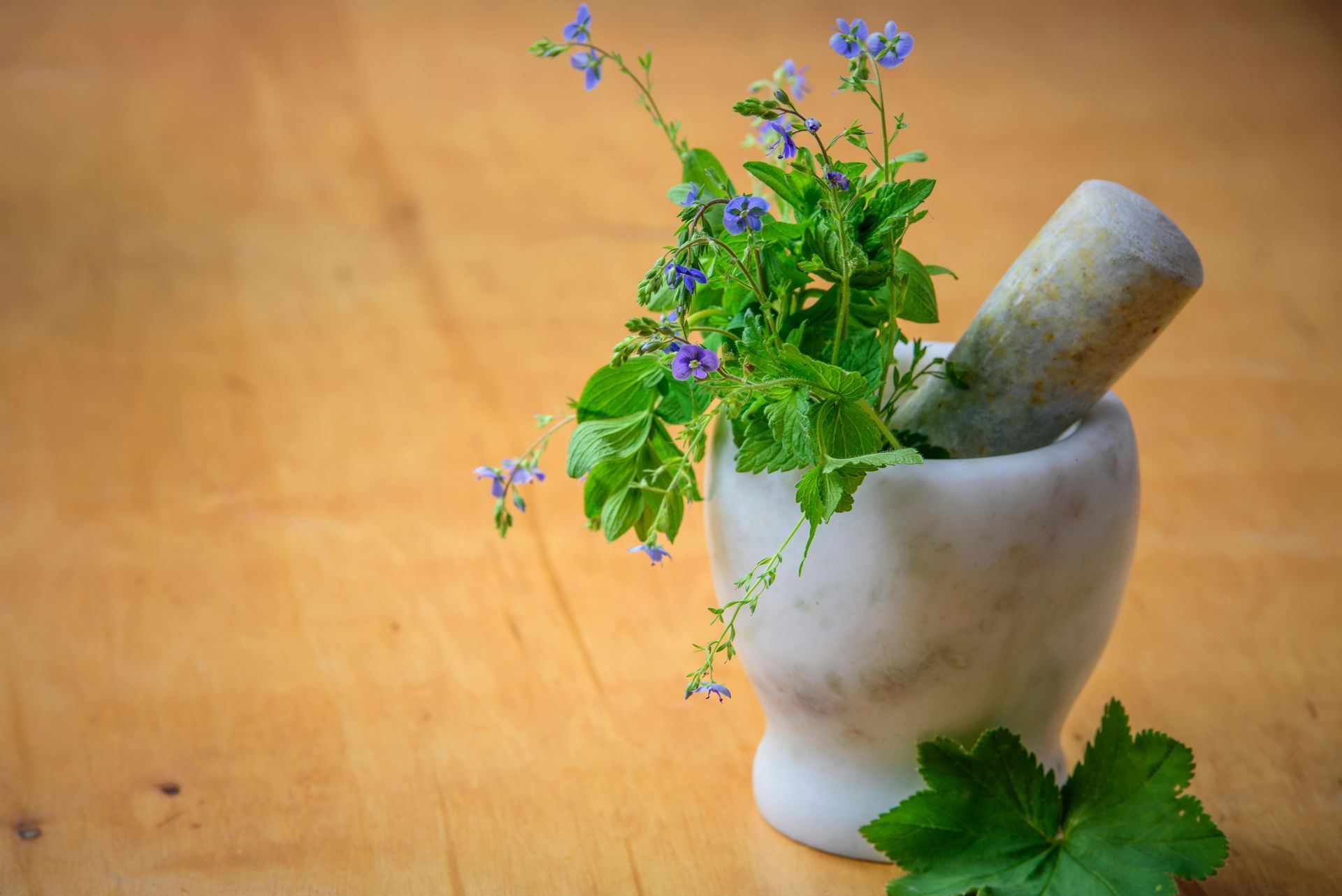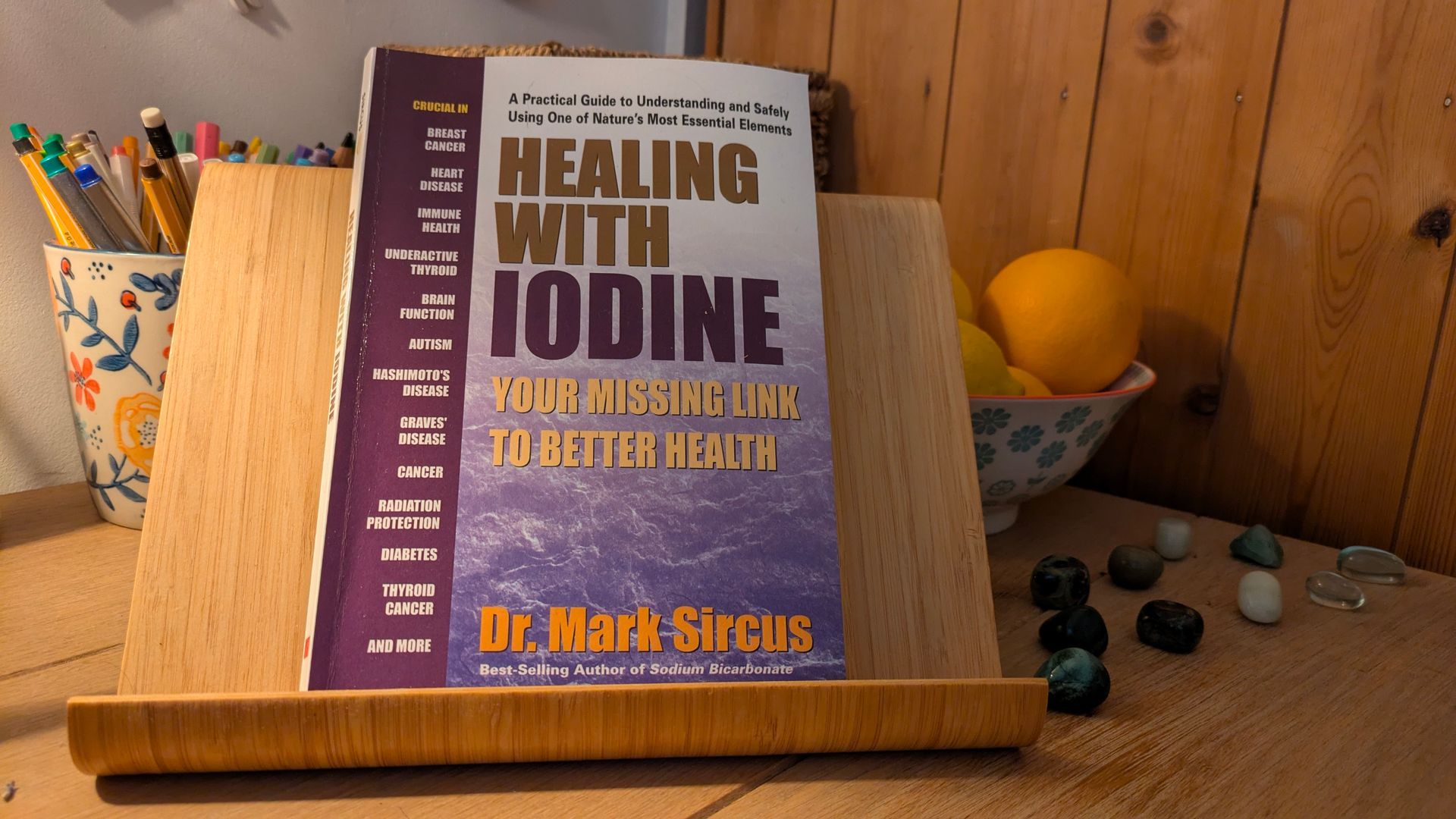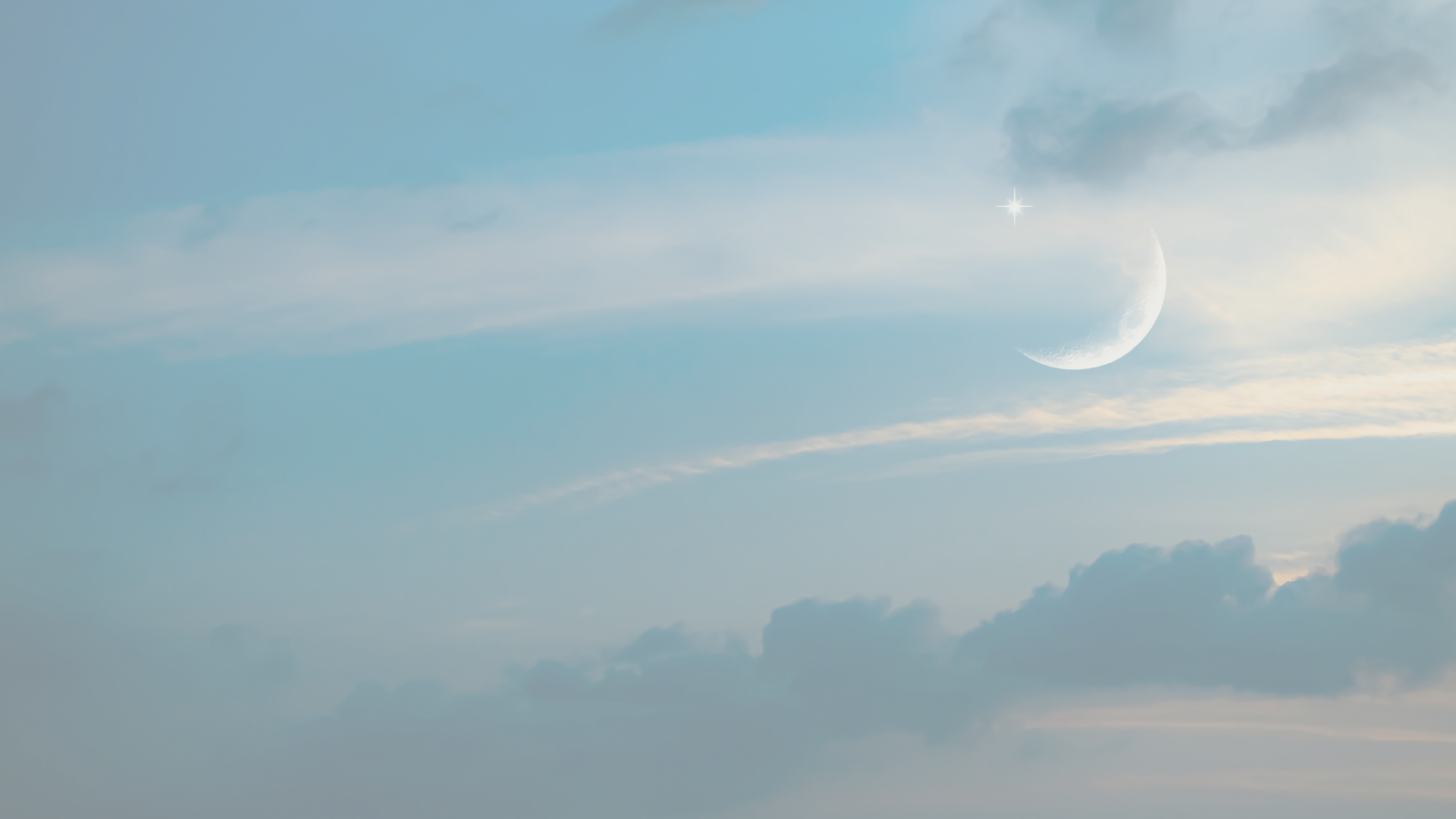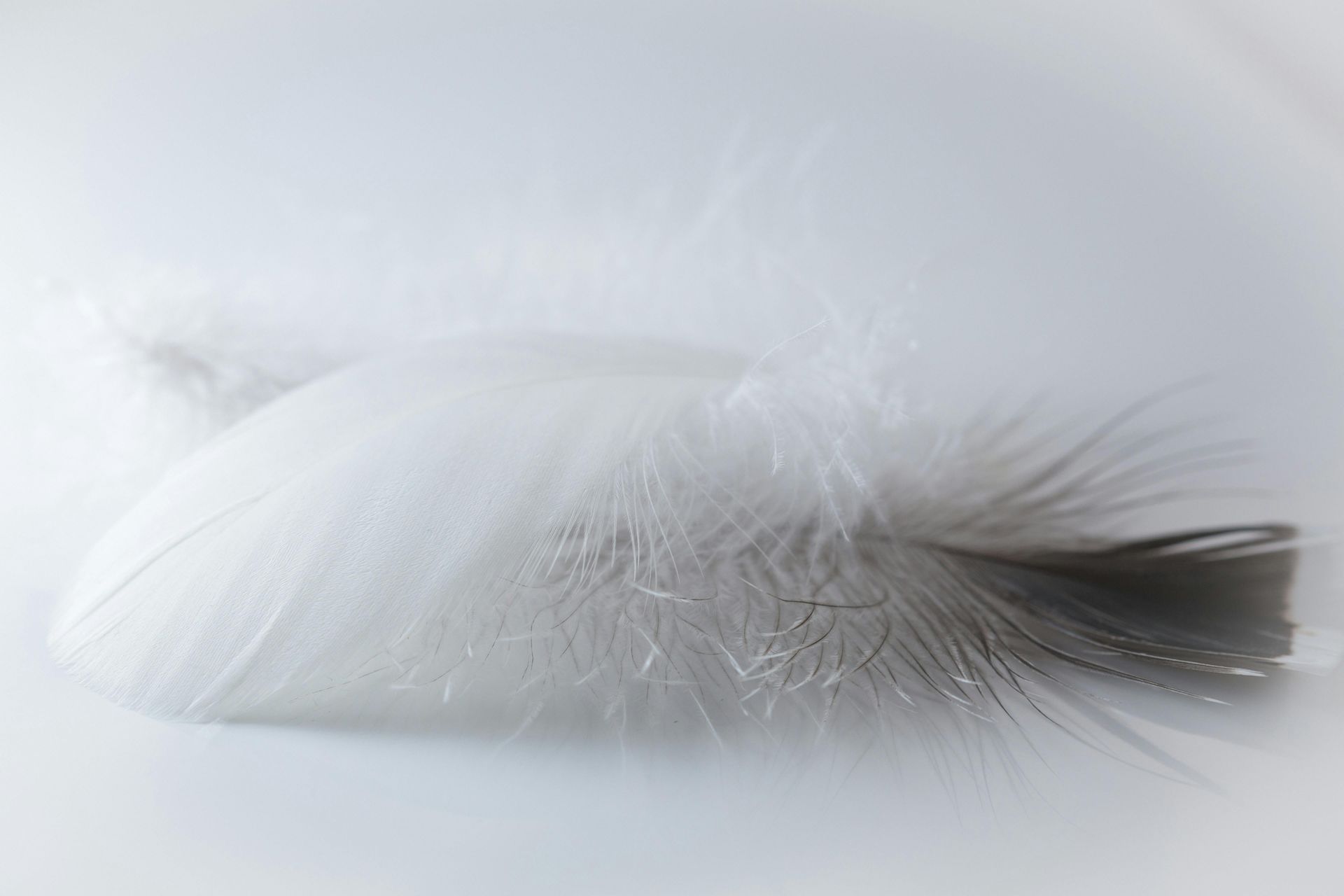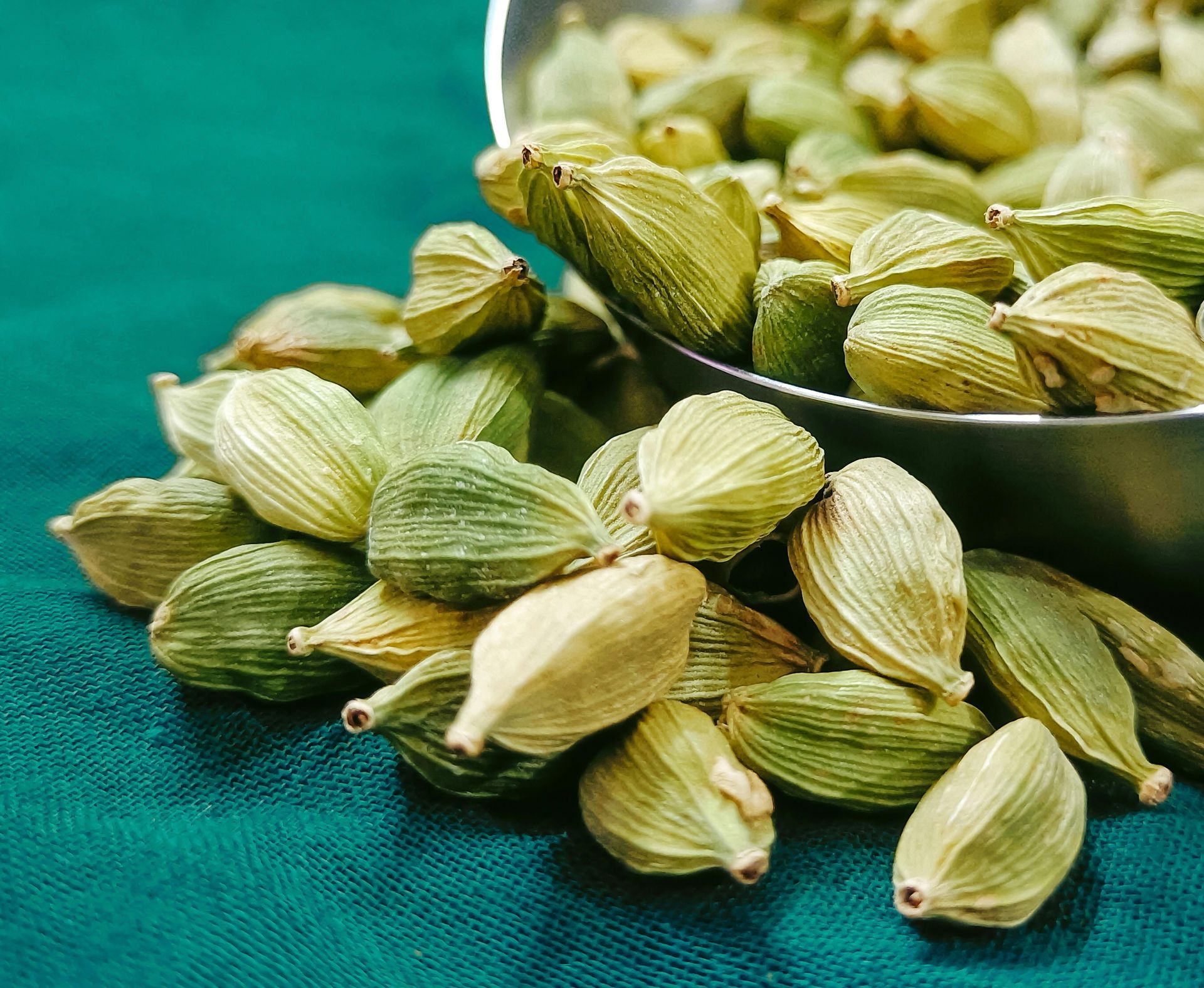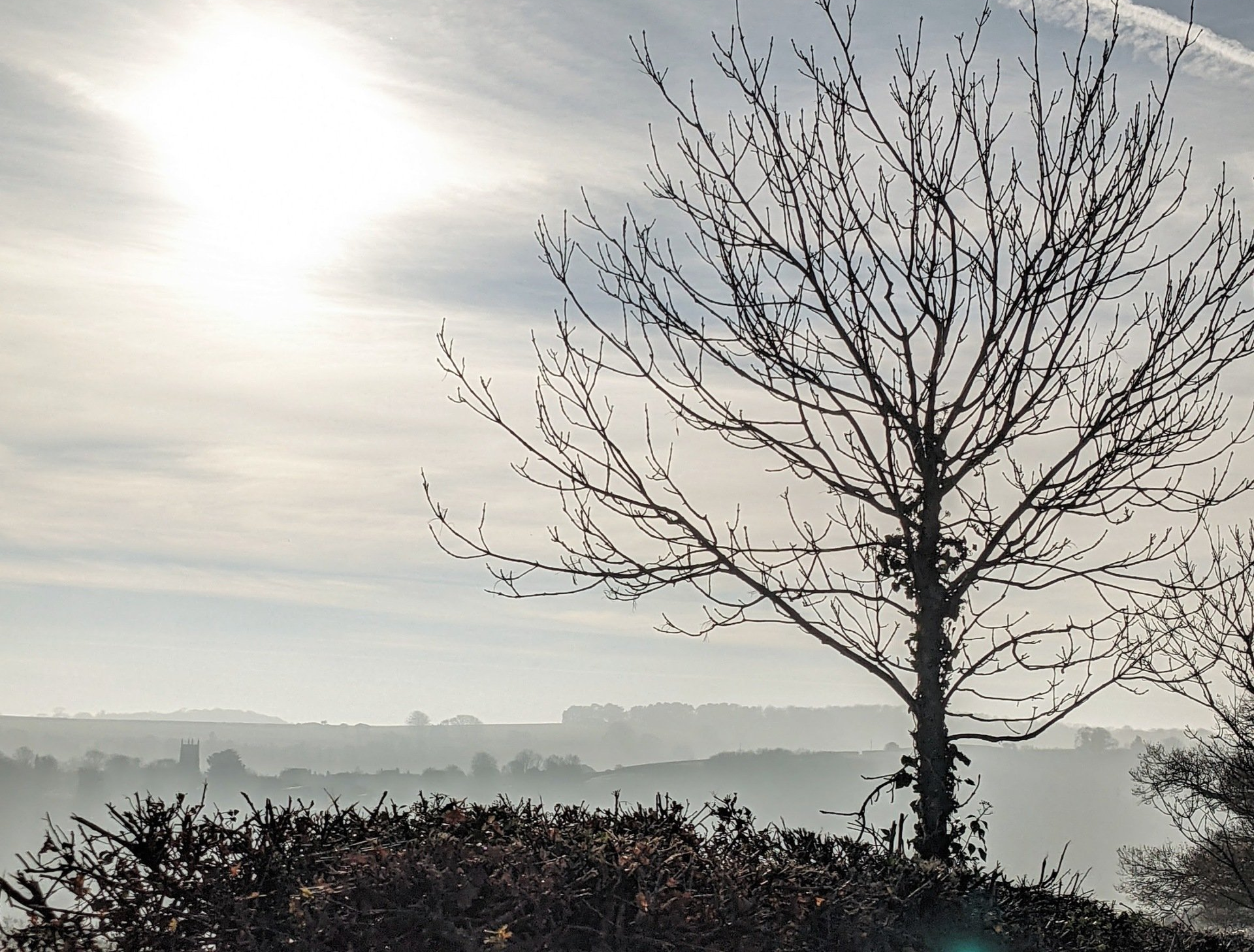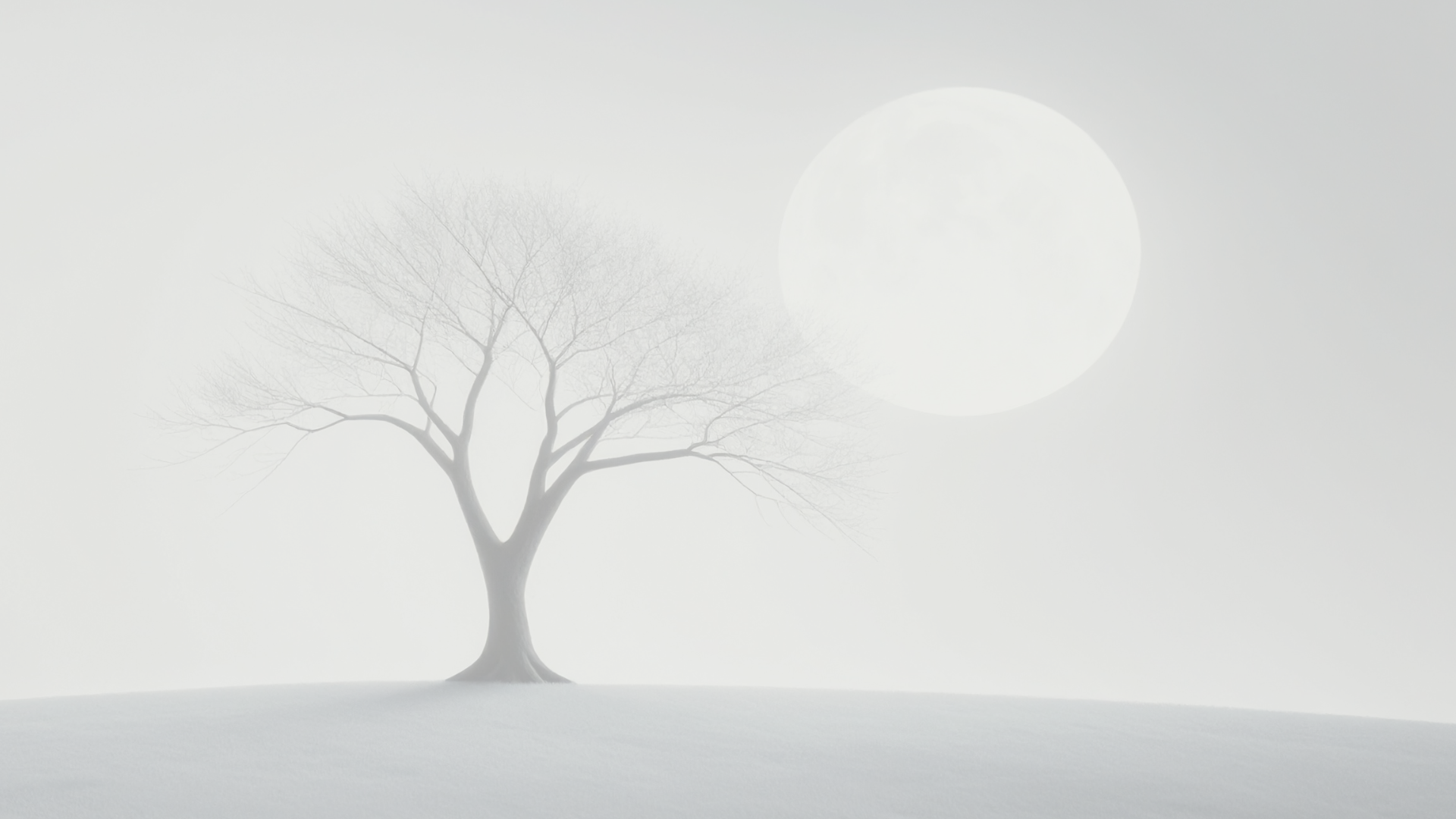Welcome September (Almanac 2025)
Dates and inspiration for things to see and do in Nature in September
WELCOME SEPTEMBER
At the start of September, Nature begins to transition from the warm days of the Summer Season to cooler days leading up to the Autumn Equinox on the 22nd of the month.
The Swifts have now departed for sunnier climes leaving the last of the season's migrational birds such as Swallows, ChiffChaffs and Wheatears feeding on the abundance of wild berries and fruits before their long flights overseas. During this time, we welcome birds that come to stay with us during the Winter months such as the Pink Footed Goose, Wigeon and Teal.
September is a great month for foraging Nature's fruits and nuts such as Hazelnuts, Beech Nuts and Sweet Chestnuts. This is when you will see Squirrels particularly busy, burying food in their secret hiding places before the first freeze. This is a great foraging opportunity for human beings too with hedgerows and field edges loaded with the red and purple berries of Rose Hips, Elderberries, Sloes and Blackberries.
Woodland walks will reveal the emergence of all manner of wild fungi fruits, especially on decaying tree stumps and moist areas on the woodland floor. Liberty Caps sprout from crusty cow pats and in ancient woodlands you will find the Fly Agaric (highly poisonous), Amethyst Deceiver, Deer Shield, Shaggy Ink Cap, Honey Fungus, Common Earthball, Wood Blewit, Shaggy Parasol, Beefsteak Fungus, Sulphur Tuft and Jelly Ear. Always make sure that any mushrooms you forage to take home are safe to eat.
A poem -
Welcome September - speaks of the Autumn Equinox or Mabon, and the transition to the darkening of Winter when loved ones come together for sumptuous feasts and togetherness, adorned in the rich hues of Autumn that glow in the firelight - golden yellows, oranges, coppers and deep reds.
This month's Almanac contains key dates and seasonal events to note for the month so that you can stay in sync with Nature's natural cycles with suggestions for ways to benefit from the natural world around you.
Moon Phases
- Sunday 7 September - FULL HARVEST MOON in Pisces
- Sunday 21 September - NEW HUNTER'S MOON in Virgo
Lunar Eclipse & Autumn Equinox
- Sunday 7 September - Total Lunar Eclipse (Blood Moon)
- Monday 22 September - Autumn Equinox
Sunrise and sunset (Devon, British Isles)
- Monday 1 September - Sunrise (6.29am) - Sunset (7.59m)
- Tuesday 30 September - Sunrise (7.14am) - Sunset (6.54pm)
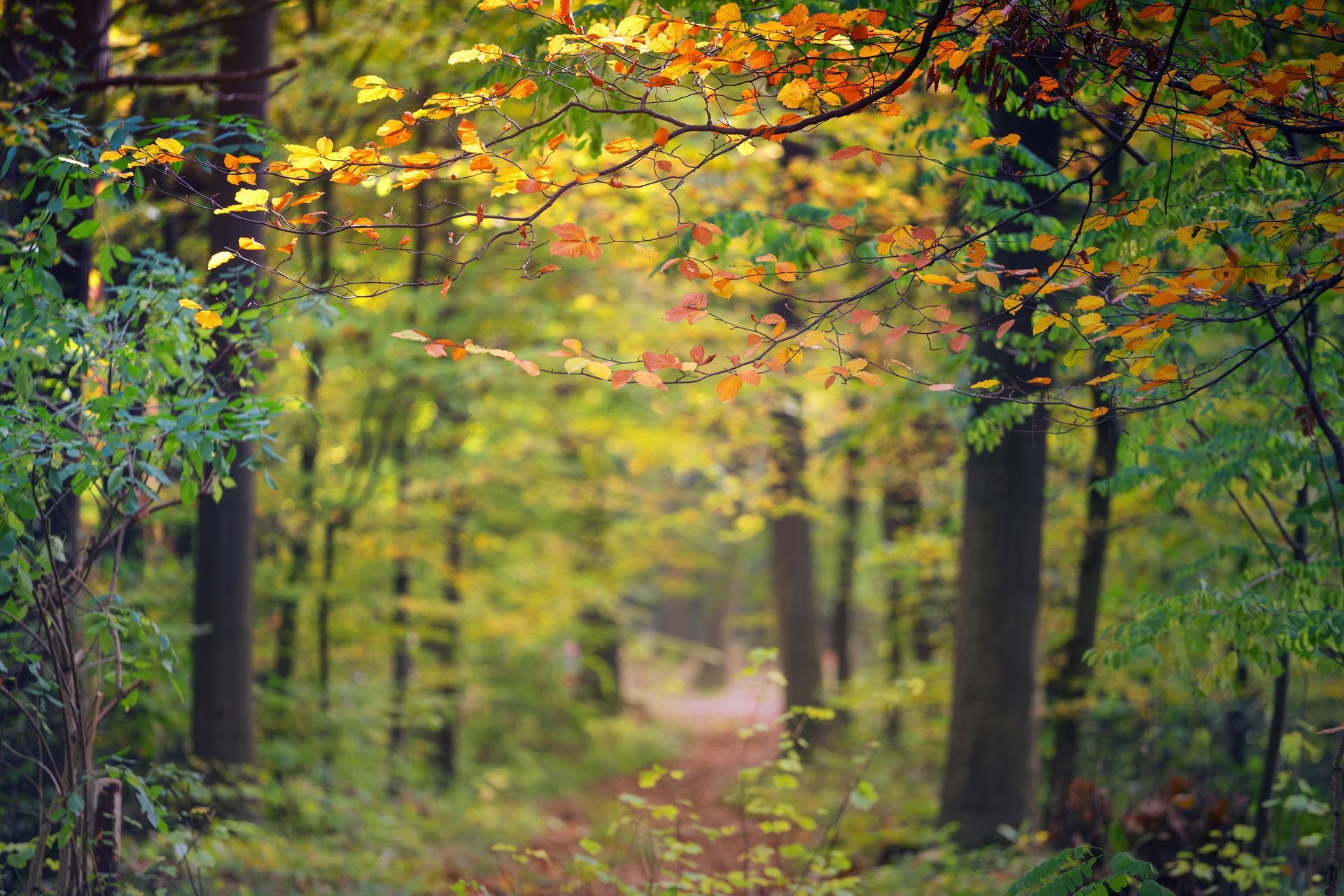
THINGS TO DO IN THE GARDEN
There is always something to do in the garden, especially at the onset of Autumn when the garden starts slowing down. Some perennials and annuals will have stopped growin flowers and others such as Roses, Sweet Peas, Geraniums, Herbs and Lavender should still be in bloom bringing lots of colour to the garden for everyone to enjoy.
Fruit Picking - make the most of Autumn fruits to eat now, bake for supper or preserve for the Winter including Blackberries, Bilberries, Loganberries and Gooseberries.
Trimming Lavender - lightly trim to create a compact shape as if pruning is left until Spring it runs the risk of cutting into new growth. Lavender should be pruned lightly, avoiding the woody stems because they will not easily regenerate. Keep any flowers still intact, tie them into bunches, hang and dry to use around the house as a natural and relaxing fragrance.
Taking Cuttings - take cuttings of plants to propogate for planting during the Full Harvest Moon phase at the beginning of the month.
Planting Bulbs - plant plenty of colourful and beautifully scented flower bulbs for Christmas such as Daffodils, Hyacinths and Paperwhites (Narcissus Papyraceus).
Garden Maintenance - draw up soil around any exposed roots or base stems to bed them in and protect them from frost later on. This may also be advisable after heavy rains and storms. Trim or cut back plants that are looking a bit tired such as Hosta, Crocosmia and Delphinium. Leave in place those which add shape and colour to borders, flower beds, containers and pots.
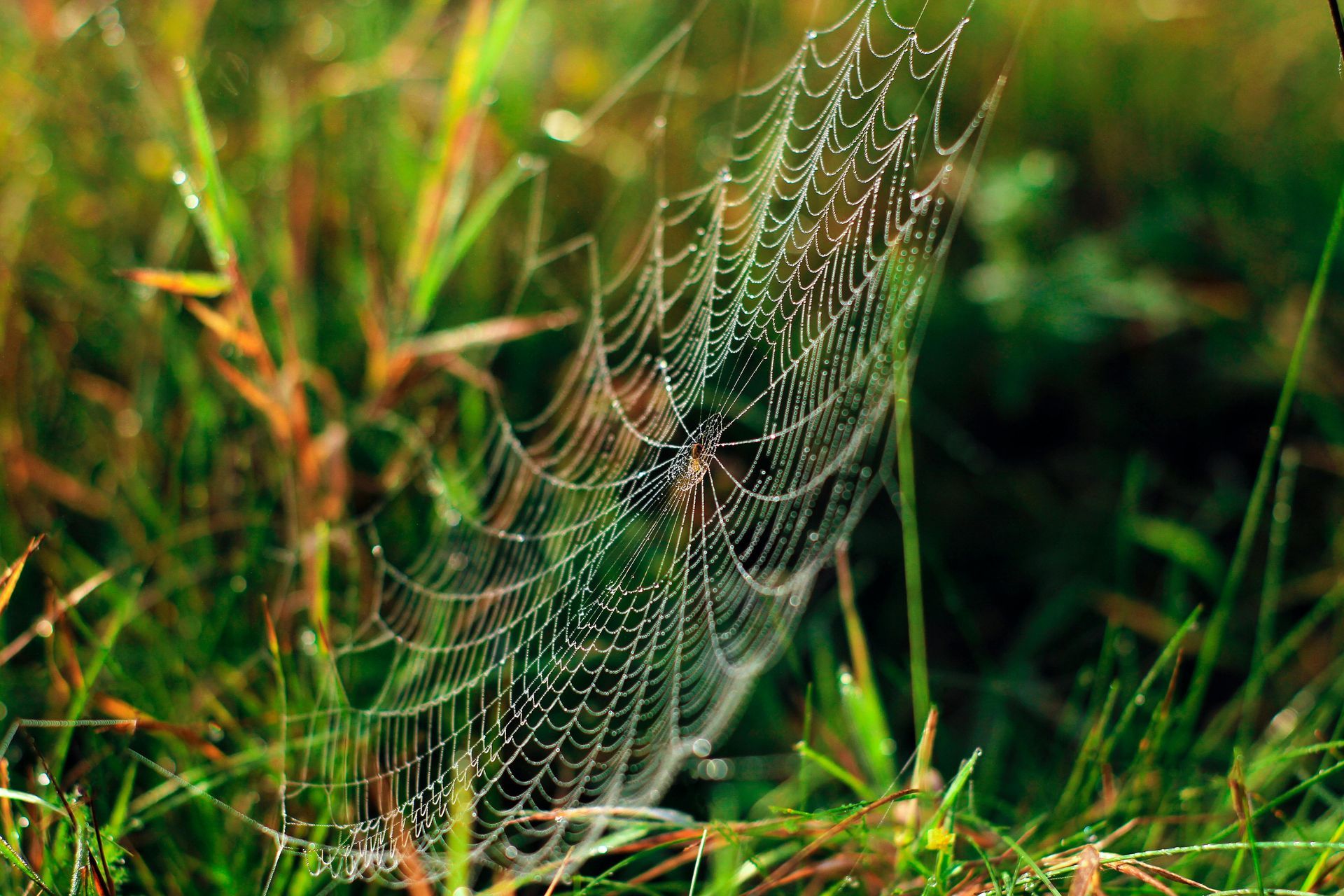
Make Rosehip Jelly
Rose Hips are ripening in earnest on the wild bushes along lanes, field edges and riverbanks. There are many species which are hard to tell apart but they all provide a rich source of food for birds and for small mammals such as Voles, Field Mice and Squirrels.
Rose Hips contain a high level of vitamin C and so they were gathered extensively during World War II as an alternative to Oranges. They were made into syrups which were especially given daily to young children. The whole country rallied to collect them and care was taken to strain out the hairy seeds which irritate the gut and skin. This is why they were once ground up by children to use as itching powder!
I collected a vast amount of Rose Hips last year to make
Sweet and Wild Rose Hip Syrup for the first time. It took ages to scrape out all the insides resulting in a wonderfully clear and soft rose blush coloured syrup. It was delicious so I will be going out again this year to make some more. I have since realised that you don't have to scrape out the insides before cooking as long as the original mixture is well seived and strained - this will save a lot of time.
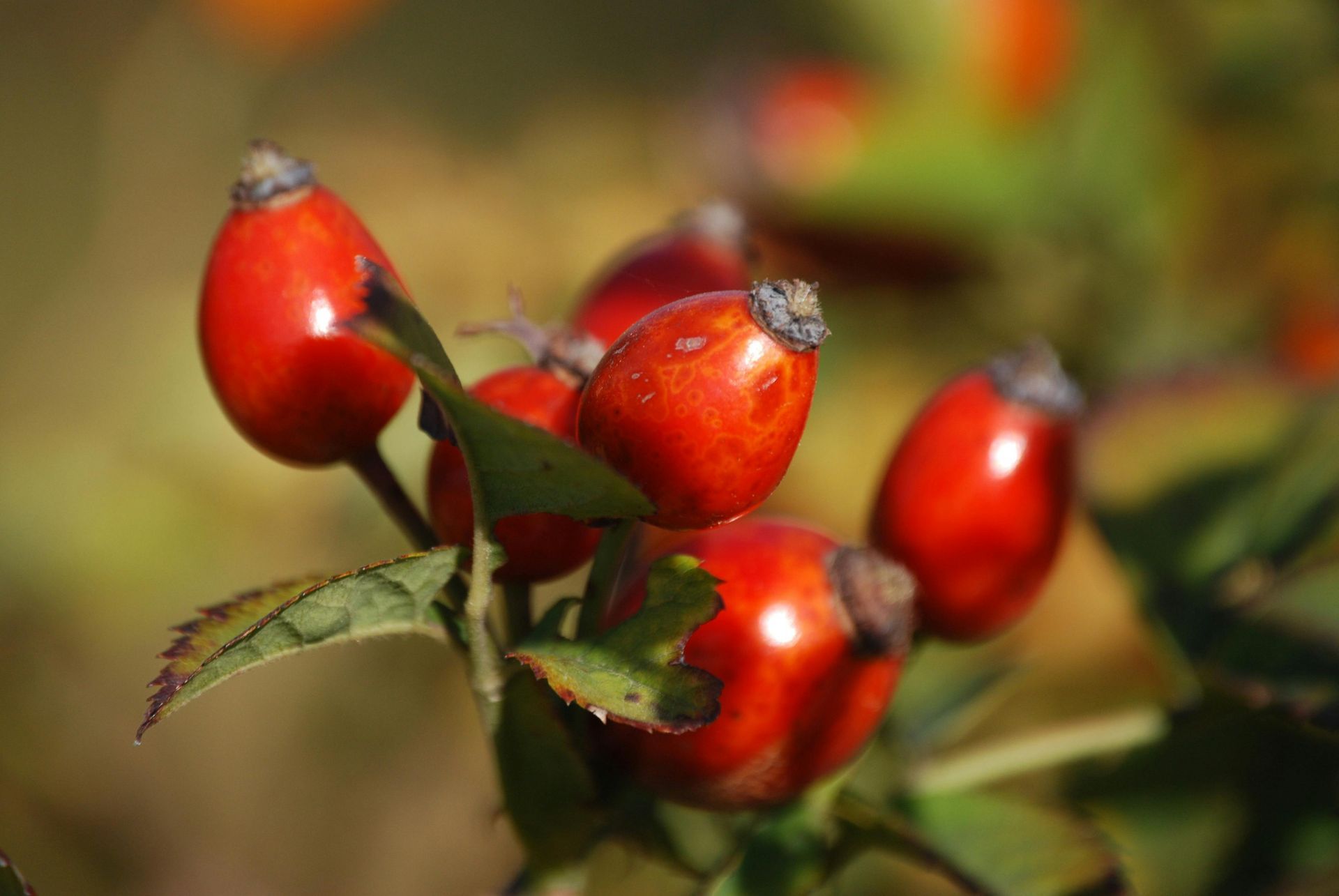
Plant a Tree
This is the perfect time of year to plant a tree that will bring foliage, colour and life to any outdoor space. Trees provide a wonderful focal point in a garden. They are dormant in the Autumn and therefore less likely to suffer damage.
Native species such as Holly, Hawthorn and Rowan are suited to small spaces providing vital food and shelter for birds, insects and small mammals through the colder months. Choose carefully and you can enjoy other benefits such as flambouyant displays of blossom in the Spring or fiery red leaves in the Autumn.
This is also an excellent time to plant evergreens. These striking trees and shrubs display green leaves or pine needles all year round, providing colour, depth and interest to any outdoor space. Planted now, even in the coolest season, gives them time to establish their roots before the Sun returns the following year.
The Royal Horticultural Society (RHS) provide an eight step guide on
How to Plant a Tree with lots of helpful information including tips on aftercare.
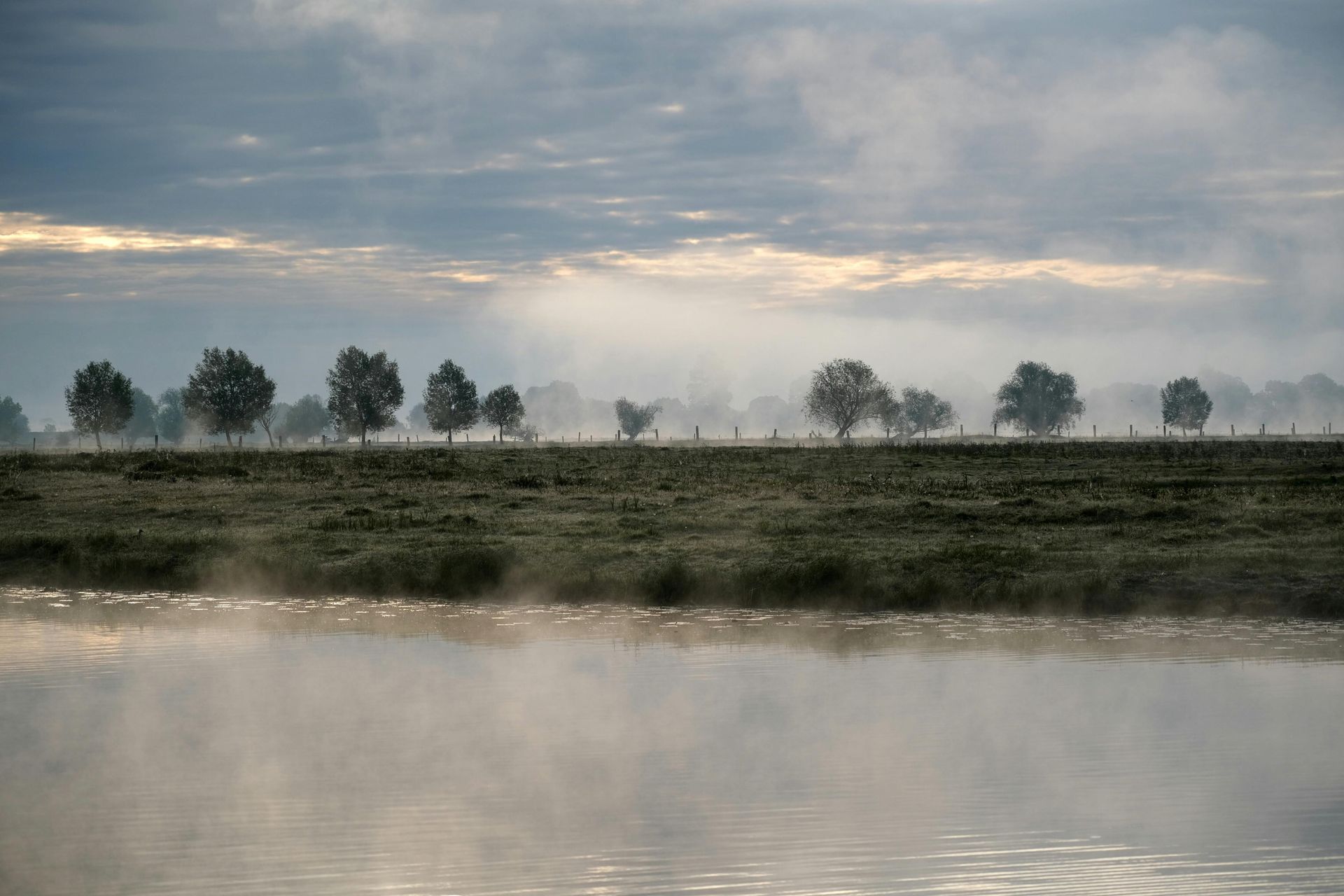
I hope you enjoy making the most of Nature through September for your good health, happiness and wellbeing, and look forward to seeing you here for the next Almanac on 1 October 2025.
Sue Cartwright
Spiral Leaf
Buy a book!
Books with seasonal information presented for each month of the year are available from the Spiral Leaf bookshop using the links below.
The Almanac - A Seasonal Guide to 2025 by Lia Leendertz
The Leaping Hare Nature Almanac by Raluca Spatacean
The Forager's Calendar: A Seasonal Guide to Nature’s Wild Harvests by John Wright
Wild Hares and Hummingbirds by Stephen Moss
The Running Hare by John Lewis-Stempel
The Leaping Hare by George Ewart Evans and David Thomson
Meadowland - The Private Life of an English Field by John Lewis-Stempel
Spiral Leaf may earn a small commission on books sold using the above links in support of independent book sellers and bookshops at no extra cost to you!
Thank you for sharing!
for you, for me and for Mother Nature
Latest Posts
All Posts

